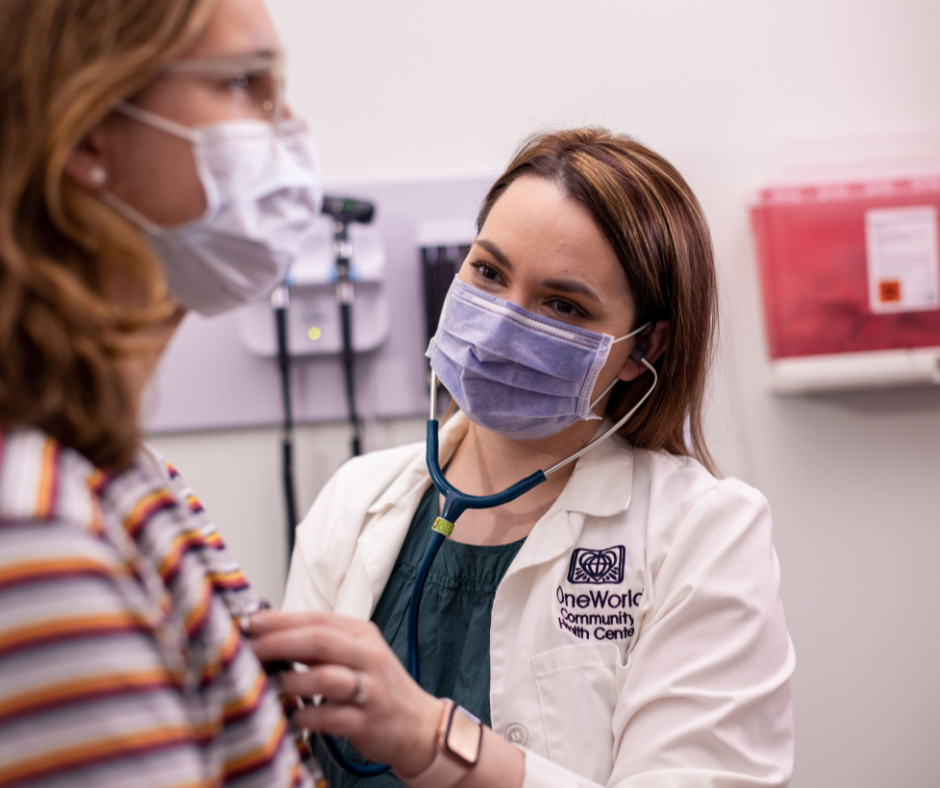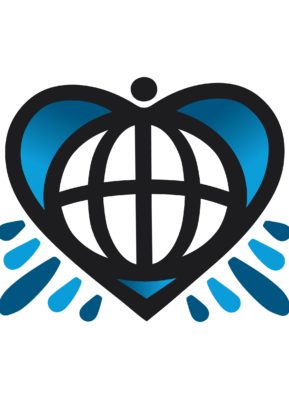New Tools for Supporting Community Health

At OneWorld, we believe everyone deserves access to the best health care possible, regardless of economic or insurance status. With that comes recognizing and preparing for public health emergencies and natural and man-made disasters. These events can significantly impact communities. The ability to minimize the effects of these events is often based on the social vulnerability of the community. Social vulnerability considers factors such as socioeconomic status, access to housing, transportation and health care and calculates the community’s ability to handle a public health emergency or disaster.
In 2011, the Centers for Disease Control and Prevention (CDC) released the Social Vulnerability Index (SVI). This guide was created to help public health officials identify and plan support for communities before, during and after significant emergencies and disasters based on their social vulnerability.
With the international impact of Covid-19, the Office of Minority Health partnered with the CDC to release the Minority Health SVI. An extension of the CDC SVI, this index utilizes the original 15 social factors from the CDC SVI and additional factors known to be associated with COVID-19.
The social factors are determined from demographic data from the US Census Bureau’s American Community Survey, and are placed into the following categories:
- Socioeconomic status
- Household composition and disability
- Minority status and language
- Housing type and transportation
- Health care infrastructure and access
- Medical vulnerability
The Minority Health SVI takes the minority status and language category into further account and breaks down demographic information about race and ethnicity and language for communities.
Tools like this are essential in providing a more equitable outline for the communities with higher social vulnerability. With this index, OneWorld can have a better understanding of the Omaha community and create a strategic plan for how to reach those who have higher social vulnerability and minimize the suffering and financial loss during the Covid-19 pandemic and future public health emergencies and disasters.




